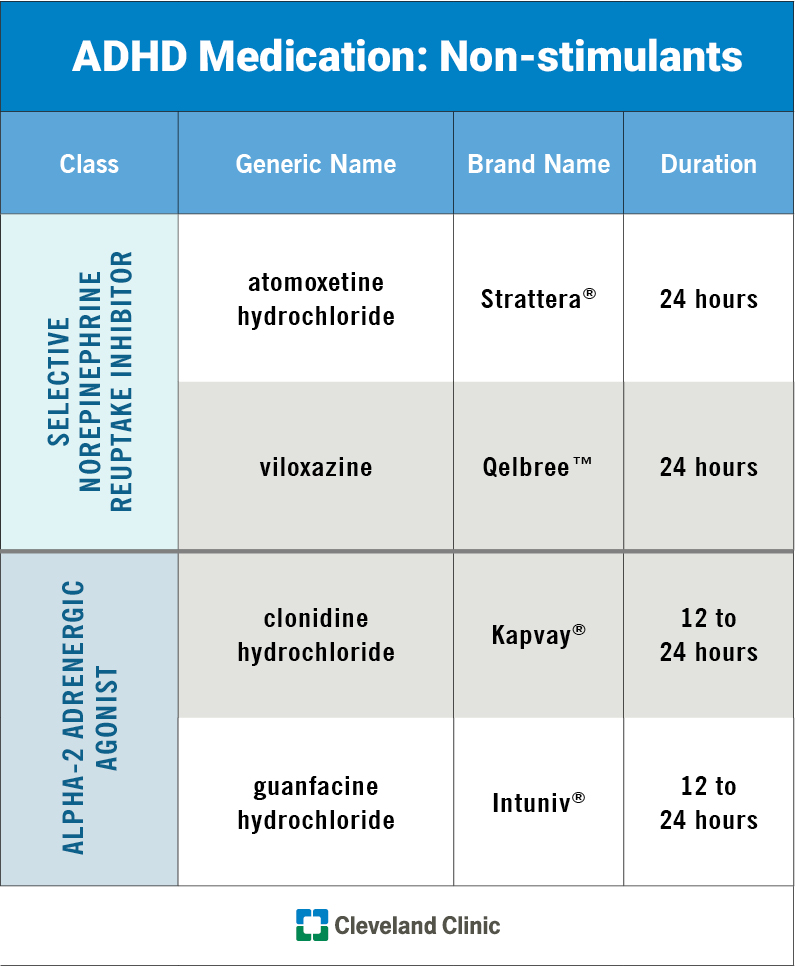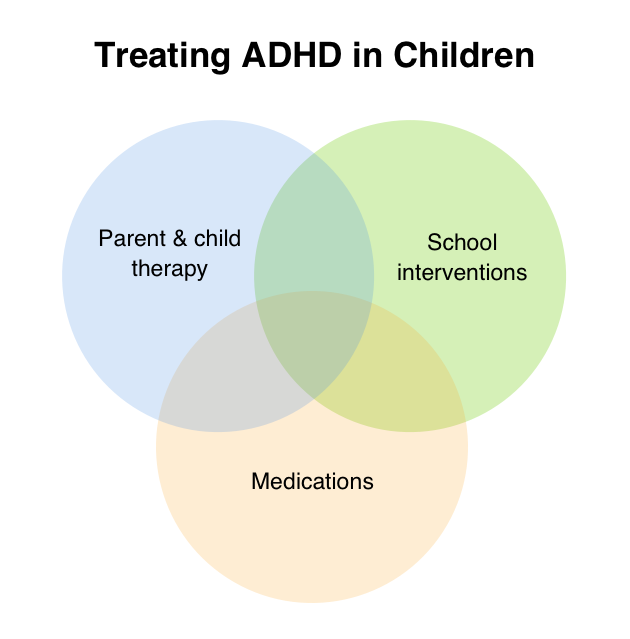Discovering Reliable ADHD Treatment Alternatives for All Ages
The complexities of Attention deficit disorder (ADHD) present one-of-a-kind difficulties throughout different age teams, necessitating a thorough exploration of reliable treatment choices. A combination of behavior modifications, pharmacological treatments, and way of living adjustments has revealed guarantee in addressing the diverse demands of people with ADHD. The efficacy of these methods can vary dramatically based on individual circumstances, increasing important inquiries about tailored strategies. As we take a look at the range of therapy methods available, it becomes important to take into consideration not only their prompt impacts but likewise their long-lasting ramifications for people and family members.
Understanding ADHD and Its Influence
Attention-Deficit/Hyperactivity Problem (ADHD) is a neurodevelopmental problem defined by consistent patterns of inattention, attention deficit disorder, and impulsivity that can significantly influence different elements of an individual's life. It typically manifests in childhood years, although symptoms can persist into the adult years. The core signs of ADHD can disrupt instructional efficiency, prevent social communications, and complicate occupational undertakings.
Individuals with ADHD frequently struggle with keeping concentrate on jobs, arranging activities, and adhering to with on instructions, which can cause academic underachievement (Depression Treatment). In social contexts, impulsivity may cause troubles in developing and maintaining connections, as people may disrupt conversations or make rash decisions without taking into consideration repercussions
Additionally, ADHD can co-occur with other psychological wellness conditions, such as stress and anxiety and clinical depression, further complicating medical diagnosis and treatment. The irregularity in signs and symptom discussion implies that ADHD can impact people differently, requiring an individualized technique to monitoring. Understanding ADHD's multifaceted effect is critical for developing effective strategies that support people in browsing day-to-day obstacles and attaining their potential. Comprehensive awareness of ADHD's nature and effects lays the foundation for exploring suitable treatment options tailored to each person's needs.
Behavioral Therapies for ADHD
Various behavioral treatments have actually been developed to efficiently address the challenges connected with ADHD, concentrating on customizing particular actions and promoting vital abilities. Among the most acknowledged methods are cognitive-behavioral therapy (CBT), parent training, and social skills training.
CBT assists individuals recognize and transform unfavorable thought patterns and habits, advertising a more favorable expectation and enhanced self-regulation. This treatment commonly includes practical techniques for managing impulsivity and improving organization. Parent training programs empower caretakers by outfitting them with strategies to enhance positive actions and established consistent limits, which can be specifically valuable for youngsters with ADHD.
Social abilities training is one more essential component, mentor individuals with ADHD how to communicate successfully with peers - Depression Treatment. This method often includes role-playing and responses to improve interaction, participation, and conflict resolution skills
Integrating these behavior modifications right into a comprehensive therapy plan can significantly improve working and high quality of life for individuals with ADHD. Inevitably, the efficiency of these treatments relies on customized techniques that consider the unique demands of everyone, consequently promoting resilience and versatility in day-to-day life.
Drug Options Available
For numerous people with ADHD, medication emotional counseling can play a considerable function in taking care of symptoms and enhancing general performance. Both primary categories of drugs prescribed for ADHD are energizers and non-stimulants.
Stimulants, such as methylphenidate and amphetamine-based medications, are one of the most frequently utilized treatments. These medications work by boosting the degrees of natural chemicals, particularly dopamine and norepinephrine, in the brain, which assists improve focus and decrease impulsivity and hyperactivity. They frequently generate quick outcomes, Discover More making them a recommended option for many patients.

It is vital for doctor to conduct a thorough assessment to establish the most suitable medication based upon private requirements, case history, and potential adverse effects. Routine follow-up and monitoring are also vital to make certain the effectiveness of the chosen therapy and to make any needed adjustments.
Way Of Living Modifications to Think About
Managing ADHD properly expands past drug, as lifestyle modifications can significantly boost overall well-being and symptom control. Integrating structured routines is vital; consistent schedules aid individuals with ADHD handle their time efficiently and reduce feelings of overwhelm.
Routine physical activity is another vital part. Exercise not just aids to enhance concentration yet likewise enhances mood and decreases anxiety levels. Activities such as yoga exercise or team sporting activities can be specifically helpful, promoting both fitness and social interaction.
Nourishment also plays a critical role. Depression Treatment. A balanced diet rich in omega-3 fatty acids, entire grains, and lean proteins can add to boosted focus and cognitive feature. Limiting sugar and refined foods is suggested, as these can worsen attention deficit disorder and impulsivity
Sleep hygiene is essential for managing ADHD symptoms. Establishing a regular rest schedule and developing a peaceful setting can boost sleep high quality, causing much better interest and psychological guideline.
Alternative and Holistic Strategies
Alternate and holistic techniques to ADHD treatment use a diverse series of options that match standard methods. These strategies commonly concentrate on way of living adjustments, nutritional treatments, and therapeutic methods that aim to improve overall wellness while addressing ADHD signs and symptoms.

Mindfulness and behavioral therapies are additionally obtaining grip as alternative treatments. Practices such as yoga exercise, reflection, and cognitive-behavioral treatment can grow self-regulation and boost focus. These approaches sustain psychological durability, which is particularly useful for people with ADHD.
Natural supplements, such as ginkgo biloba and ginseng, are sometimes explored; however, it is crucial to speak with healthcare professionals prior to integrating these right into therapy strategies. While choice and alternative approaches can give beneficial support, they must ideally be utilized along with evidence-based treatments to achieve optimal outcomes for taking care of ADHD across all ages.
Conclusion
In recap, efficient ADHD therapy requires a thorough approach that consists of behavior therapies, medicine, way of living modifications, and holistic approaches. This multifaceted method underscores the relevance of individualized care in resolving the varied requirements of people with ADHD throughout all age groups.